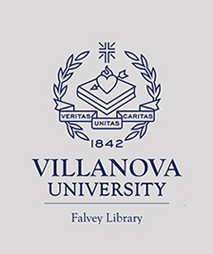Indigenous Values and Sustainability Possible Linkages to Big History
##plugins.themes.bihistory.article.main##
Abstract
Christianity and Western scientific knowledge have dominated academic research and its disciplinary education. At the same time, Indigenous knowledge and religious traditions have been dismissed as a way-of-knowing by Western and dominant power-structures. Since Tribal systems often cannot be easily quantified, they have been frequently dismissed as ‘superstitious,’ ‘primitive,’ or ‘unreliable.’
But recent works by Tribal peoples around the world have resulted in a growing recovery of Indigenous knowledge for the benefit of Native and non-native people alike. This paper looks at Indigenous values and practices as alternative ways to sustain people in close relationship with Nature. In the context of the present-day ecological crisis and global warming, we must seek sustainable development, such as by learning about Indigenous values and practices.
This paper shares some vital traditions of the Tribal peoples of North East India. It also argues that the rights of Indigenous peoples must include their recognition of the validity and value of their collected knowledge and ways of knowing. Of interest to this paradigm shift is how the inclusive ways of Tribal knowledge occasionally intersect with Big Histories’ inclusiveness, especially in its Asian formulation.
##plugins.themes.bighistory.article.details##

This work is licensed under a Creative Commons Attribution 4.0 International License.
Authors who publish with this journal agree to the following terms:- Authors retain copyright and grant the journal right of first publication with the work simultaneously licensed under a Creative Commons Attribution License that allows others to share the work with an acknowledgement of the work's authorship and initial publication in this journal.
- Authors are able to enter into separate, additional contractual arrangements for the non-exclusive distribution of the journal's published version of the work (e.g., post it to an institutional repository or publish it in a book), with an acknowledgement of its initial publication in this journal.
- Authors are permitted and encouraged to post their work online (e.g., in institutional repositories or on their website) prior to and during the submission process, as it can lead to productive exchanges, as well as earlier and greater citation of published work (See The Effect of Open Access).



